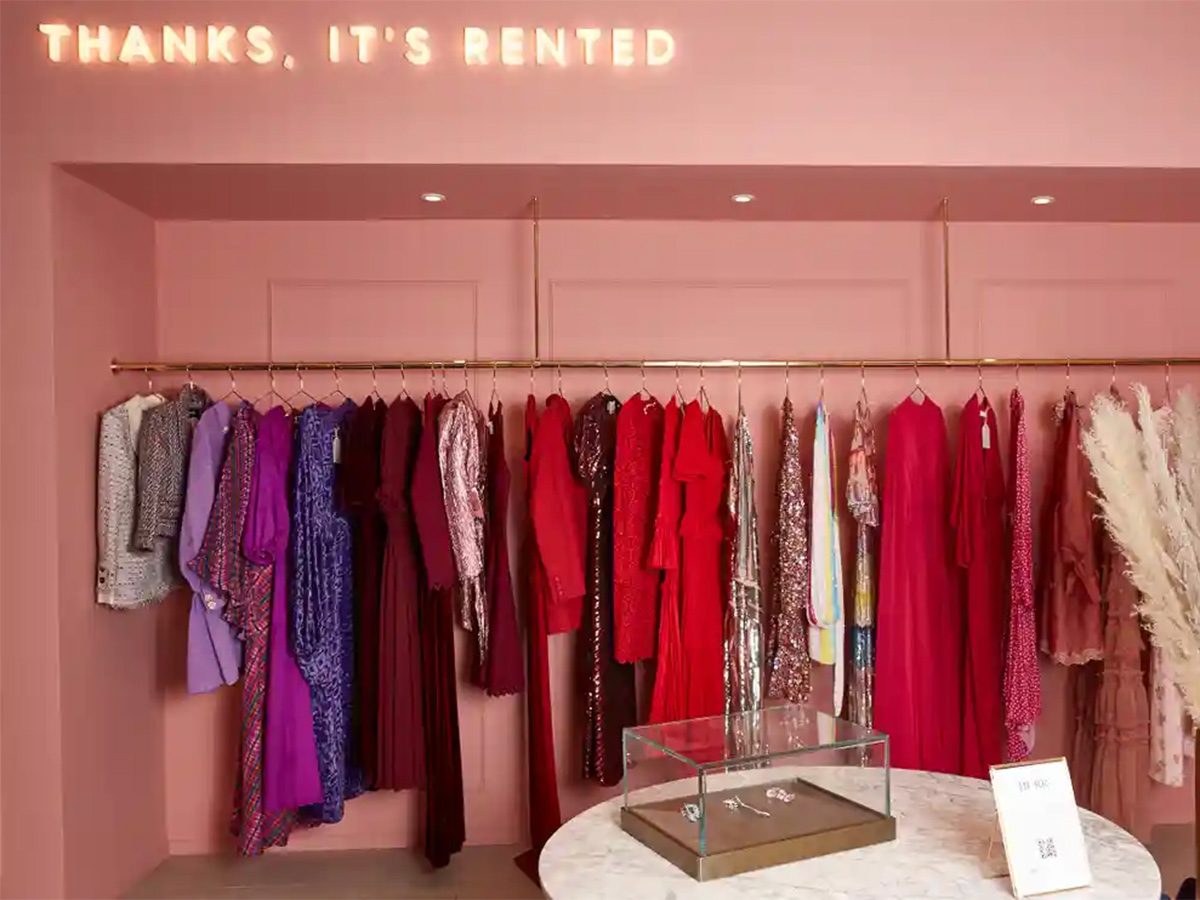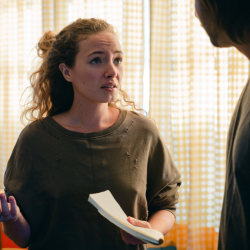To capitalise on the rental economy, brands need to acknowledge the consumer desire for experience over products.
John Lewis recently announced that it will be offering a dress-for-hire service. In doing so, the department store joins numerous brands realising the shift towards a rental economy; but what John Lewis’ partnership with rental platform specialist, Hurr, really highlights is the societal pull towards service rather than product.
The cost-of-living crisis is undoubtedly affecting consumerism. Faced with a recession, rising inflation, and increased product prices, buyers are more hesitant than ever to part with their hard-earned cash, and understandably so.
Increased environmental awareness is also a contributing factor in buyers’ behavioural shift. As people become aware of the impact of their purchasing choices, options deemed to be sustainable gain popularity. In recent years a light has been shone on the negative environmental impact of fast fashion, and for consumers unable to fork out for higher-priced, sustainably sourced pieces, rental is an attractive alternative. Speaking to Vogue last year, luxury fashion rental brand, Rent the Runway, estimated that their rental offering had displaced the production of 1.3 million new garments since 2010, saving 67 million gallons of water and 44.2 million pounds of CO2 emissions.
The combined result of these factors is a change in the way that consumers think about ownership
With so much at stake, financially and environmentally, it’s no surprise that consumers are reluctant to commit to and own a single product. But when people spend money on a loaned product, their expectations on experience increase.
For some sectors, this is nothing new; hotels, AirBnB and car rental services have been operating in this sphere for a long time.
So, what do brands hoping to enter this space need to do to be successful?
Firstly, they’ll need to adjust their offering
Just as John Lewis has collaborated with Hurr to create a seamless drop-off, collection and dry-cleaning service, brands wanting to capitalise here should utilise partnerships as a way of extending their offering outside of the product itself. For a furniture brand, for example, this might mean including an annual sofa-clean via a professional cleaning service within the rental price.
Secondly, brands will need to ensure they are balancing friction with value
Whilst some friction may be expected from users renting a product, such as paying a deposit and completing multiple documentations for a car rental, too much friction can create a negative user experience. If a rental car is provided in an unclean state, consumers will likely feel that the experience value does not match the cost of service. Similarly, if a rented car breaks down but a recovery service is engaged and a replacement vehicle is provided quickly, with no extra charge, the user experience will still be a positive one.
Thirdly, the traditional e-commerce sales model will need to be reviewed
Most brand websites enable basic transaction activity; purchasing, order tracking and returning, but experience transactions are far more complex. Retailers in this space would do well to expand their site capabilities to include features such as return reminders, or quick links to services from partner brands such as cleaners or couriers. Going further, brands might look to provide different experience levels, with higher costs unlocking premium services.
Perhaps the biggest challenge that brands will need to address though, is that of communication. The traditional purchase model is one that buyers are familiar with, but for consumers to comfortably enter into an experience-based transaction, they need to be clear about what they’re paying for. More than ever, trust will need to be created between brand and consumer.
Ultimately, this behavioural shift is a huge opportunity, but one that brands will need to approach strategically in order to succeed.
Featured image: HURR x Selfridges































